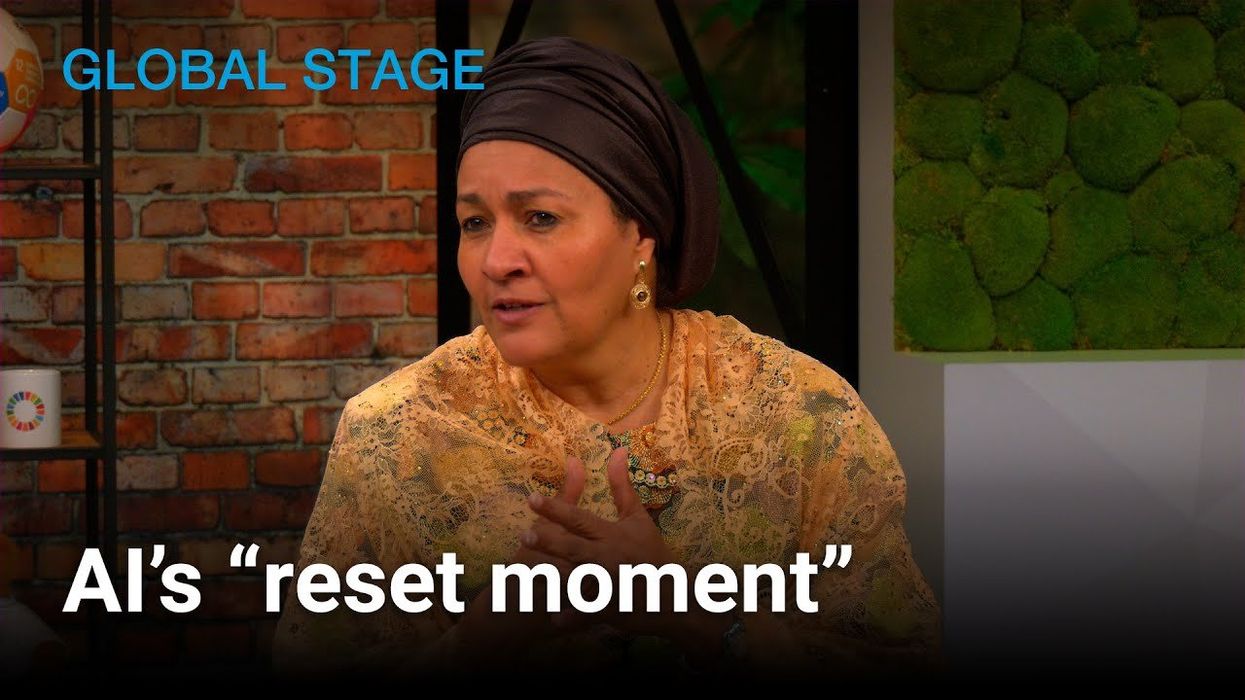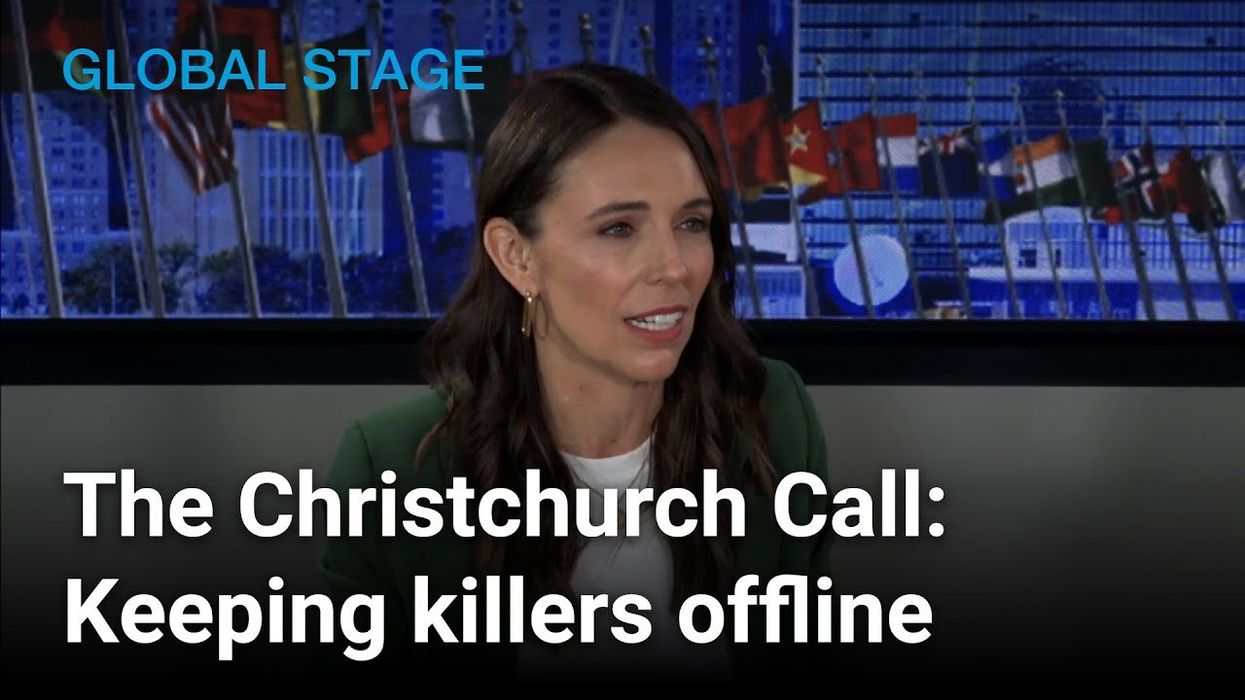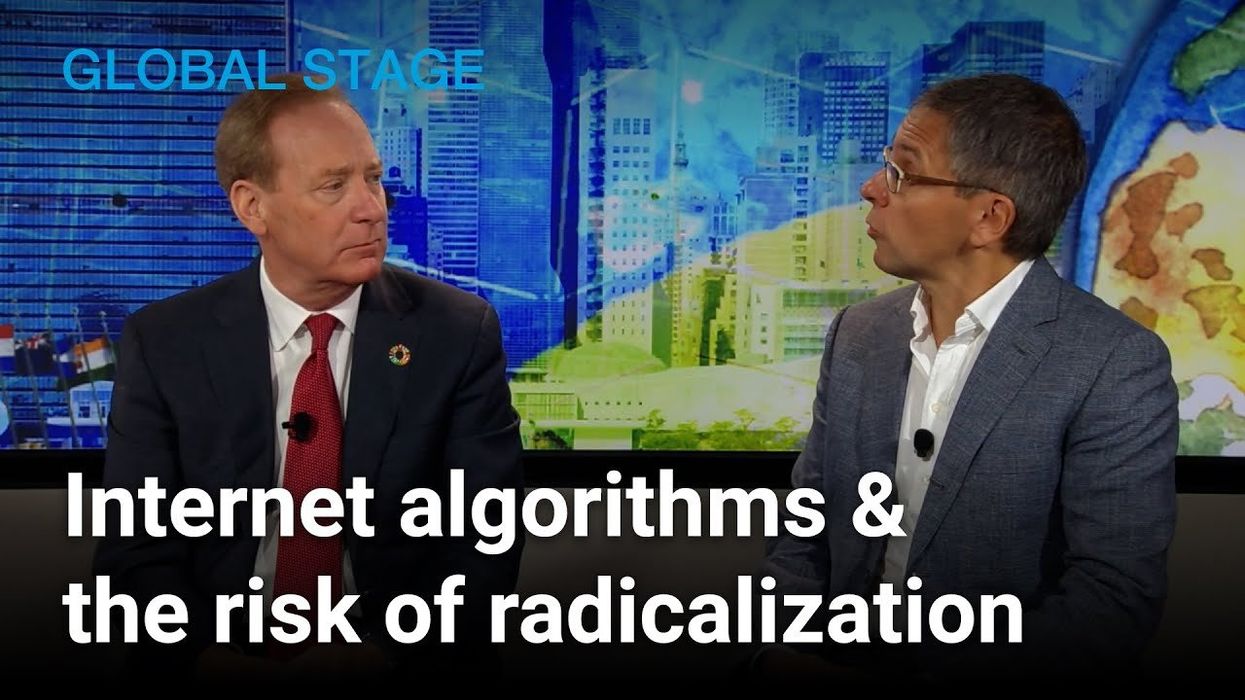Digital Governance
Staving off "the dark side" of artificial intelligence: UN Deputy Secretary-General Amina Mohammed
During a Global Stage livestream event on the sidelines of the UN General Assembly in New York, United Nations Deputy Secretary-General Amina Mohammed says that while the potential benefits of artificial intelligence are enormous, “so is the dark side.”
Sep 26, 2023



